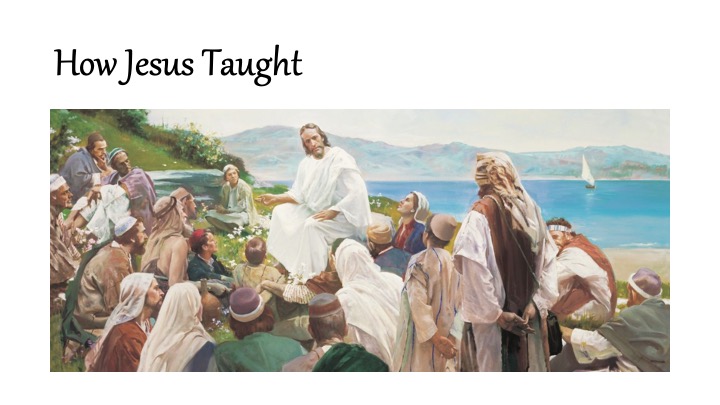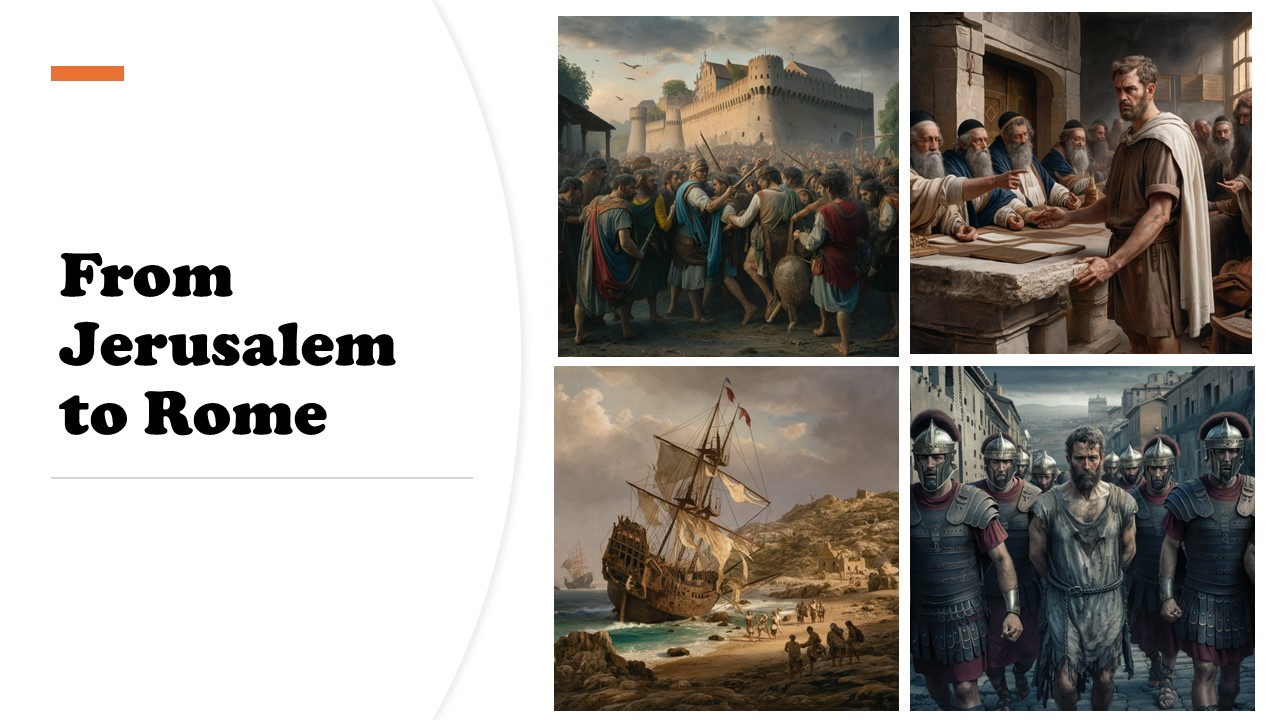Samuel established schools or communities of prophets during his tenure as a leader and spiritual guide to address a need for order, religious education, and moral guidance amidst the societal shifts. These schools served as centers for training young men in prophecy, sacred law, worship practices, and even in civic administration, given the intertwining of religious and political life in Israel. The individuals in these schools, referred to as “sons of the prophets,” were devout followers seeking to deepen their spiritual understanding and serve their communities.
The influence of Samuel's initiative persisted into the times of Elijah and Elisha, who also interacted with and led groups known as “sons of the prophets.” Under Elijah and Elisha, these groups took on a more pronounced role during a time of intense political and religious challenge, particularly in contesting Baal worship and promoting Yahweh’s supremacy.
One of the prophets who followed soon after Elisha was Jonah, the son of Amittai, who came from Gath-hepher in Zebulun. He prophesied during the reign of Jeroboam II of Israel. He looked down on the Assyrian people, enemies of the state and was taken aback when God called him to warn the inhabitants of the city of Nineveh, one of their leading cities.

Jesus has called each of us as believers to teach others as we fulfill the Great Commission. How should we go about teaching? Perhaps...

The Apostle Paul, after completing his third missionary journey, sets out for Jerusalem despite knowing the dangers that await him. In Tyre, fellow believers...

1 Corinthians 13 is one of the most beloved and most important chapters in all of Scripture. It is the famous love chapter. But...